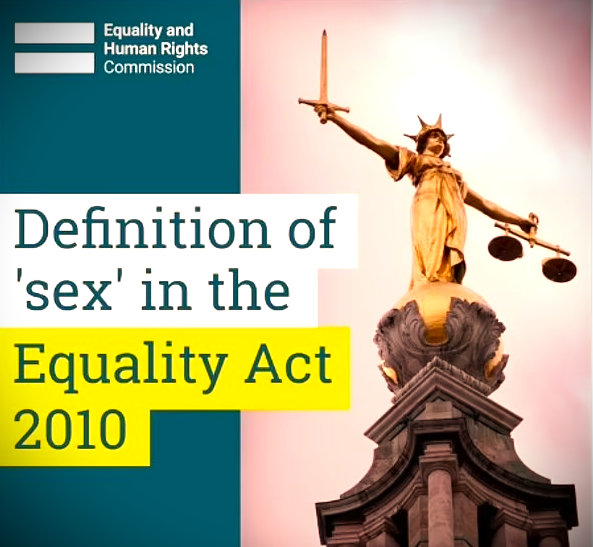In a move that could reshape how British institutions navigate sex and gender rights, the Equality and Human Rights Commission (EHRC) has proposed new guidance that may allow sports clubs, hospitals, and other public service providers to request individuals’ birth certificates when there is a “genuine concern” about their biological sex.
The draft guidance published in the wake of a landmark Supreme Court ruling has ignited both praise and protest. At its core, the EHRC’s document seeks to clarify the legal obligations of service providers under the Equality Act 2010, following the Court’s April determination that “sex” refers to biological sex, not gender identity.
While some view this as a necessary step to enforce lawful single-sex spaces and ensure fairness in sports and services, others see it as a troubling encroachment on privacy and trans rights.
From Courtroom to Changing Room
The Supreme Court’s recent ruling has set off ripples across sectors from retail to healthcare. Under the EHRC’s draft Code of Practice, organizations may, under certain conditions, ask individuals to verify their sex at birth potentially requiring birth certificates or, in the case of those with a Gender Recognition Certificate (GRC), updated documentation.
The guidance stresses that such requests must be “proportionate,” “discreet,” and avoid any form of discrimination or harassment. Yet, many have raised alarms about how such policies might be implemented in real-life situations, particularly in emotionally sensitive environments like medical settings or sports teams.
Baroness Kishwer Falkner, chair of the EHRC, framed the guidance as a tool for clarity. “People with protected characteristics should never be discriminated against,” she said. “Where services are provided on a single-sex basis, that needs to be done in a way which is consistent with the law… and ensures everyone is treated with respect and dignity.”
A Dividing Line
The consultation period originally just two weeks has now been extended to six, acknowledging the “level of public interest” and intense debate. The document also touches on other key areas, such as sports participation, where it supports the exclusion of trans athletes from single-sex competitions “when necessary for reasons of safety or fair competition.”
Reactions have been sharply divided. Trans rights advocates warn that these changes could lead to increased discrimination and barriers to basic services. The Good Law Project, a legal campaign group, has already begun a legal challenge against the EHRC, calling the guidance “wrong in law.”
On the other side, groups such as Sex Matters, which advocate for the preservation of single-sex spaces, have praised the move. Maya Forstater, a prominent voice in the gender-critical movement, said: “There can be no more excuses for failing to follow the law. The draft guidance is clear, calm, and factual.”
Navigating a Legal and Social Crossroads
The EHRC’s proposal underscores the legal and ethical complexity surrounding gender identity and sex-based rights in the UK. The law now more firmly emphasizes biological sex in interpreting equality provisions but society remains deeply divided on what that should mean in practice.
Baroness Falkner acknowledged the “strongly held views” across the political and cultural spectrum, emphasizing that the consultation process is open to all: from “the chair of a local sports club” to “an HR professional or a solicitor.”
This moment marks a pivotal juncture in Britain’s ongoing reckoning with gender identity, equality, and law. As the nation considers how to balance dignity, safety, and legal clarity, the question may no longer be if these conversations happen at the doors of public services but how.
What Comes Next?
The public consultation is open until June 30, after which the final Code of Practice will be submitted to the government. With legal challenges already in motion and societal tensions running high, this guidance could either become a cornerstone of legal clarity or a flashpoint in a broader cultural battle.




